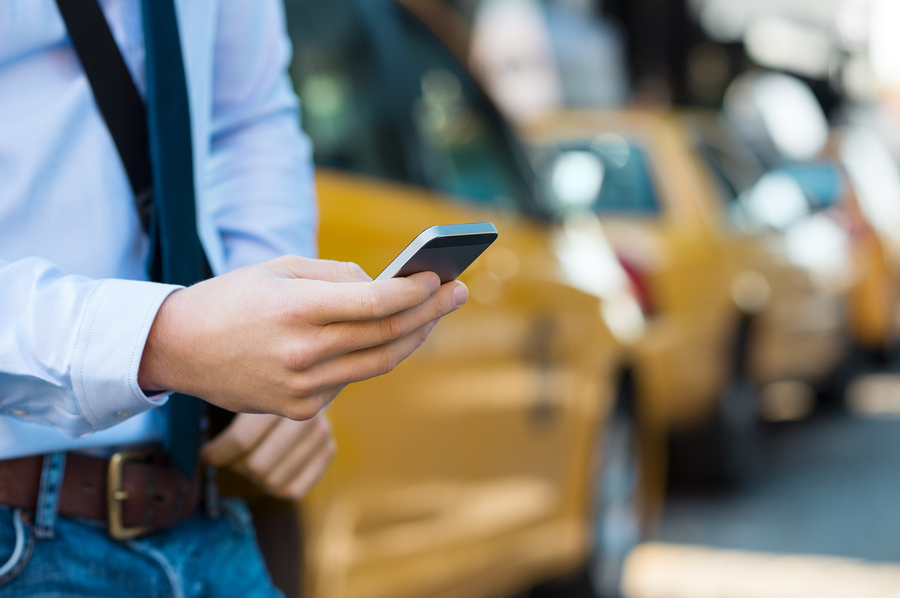- Make It Yourself Lavender Heart-Shaped Bath Bombs!
- 20 Things You Never Knew About “Down There”
- 12 Best Foods For Those Suffering From Arthritis Pain
- 12 Personal Hygiene Mistakes Almost Everyone Makes (Mom Never Told You About #4!)
- 15 Medicinal Plants And Herbs From The Cherokee People
- 12 Mind-Blowing Benefits Of Drinking Coconut Water During Pregnancy
- 12 Outstanding Winter Foods That Won’t Fatten You Up Like A Christmas Turkey
Selfie-Induced Seizures? Believe It.

Photo credit: bigstock.com
Interestingly, the girl in question had taken the selfie with the red eye reduction feature enabled on her phone, which makes use of a series of flashes of light just before the shot is taken. When the child had a seizure in the past, it occurred during a school dance when a strobe light was used. The pulsing light flashes from the red eye reduction feature on her phone have a similar (though not as intense) visual appearance, and the doctors suspect that this is what triggered a similar, seizure-like response in the girl’s brain.
This is known as “photosensitivity response”, and is known to occur in some people affected by epilepsy. This is not a common phenomenon, but it does happen in some people, and in some cases, it can cause a lot of public attention. One famous instance was in 1997 when the Pokémon cartoon series when an intense, rapid light flashing effect was used in one scene. The effect trigged seizures in 93 people who viewed the scene. This led the episode to be edited for future airings.
What should people who are concerned about smartphone-induced seizures do?
Let’s be clear here: It is NOT time to panic, and it is not time to stop taking photos of yourself with your phone. This is an extremely unusual instance and if it was a widespread problem, you would be hearing about it all the time.
Certain aspects of smartphone photography such as the red eye-reducing features seem to trigger abnormal brain activity in people who are already predisposed to having seizures. There is no evidence such technology can trigger a seizure or seizure-like response in someone who has no such predisposition.
READ ALSO: The Benefits And Risks Of Fidget Spinners
The most prudent advice to follow is to be aware of what your propensity for seizures is. If you have a family history of seizures, it is worth doing some research and having a conversation with your doctor. Keep reading health blogs like this one and stay abreast of the latest research so you can informed decisions about your health and produce purchases that could affect it.
In the meantime, if you don’t have any risk of seizures, it’s probably safe to pull out that phone and snap a few shots.
References:
































